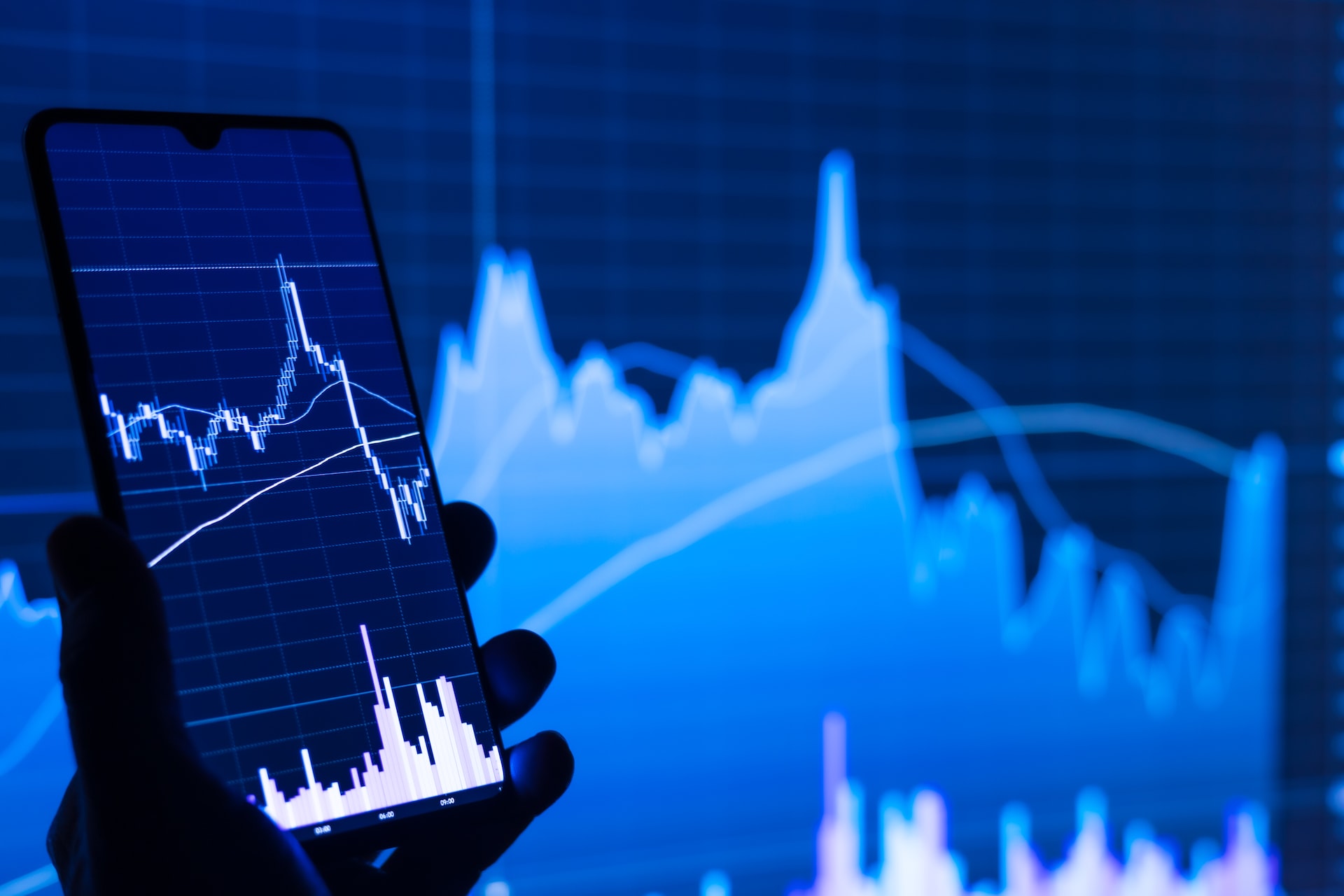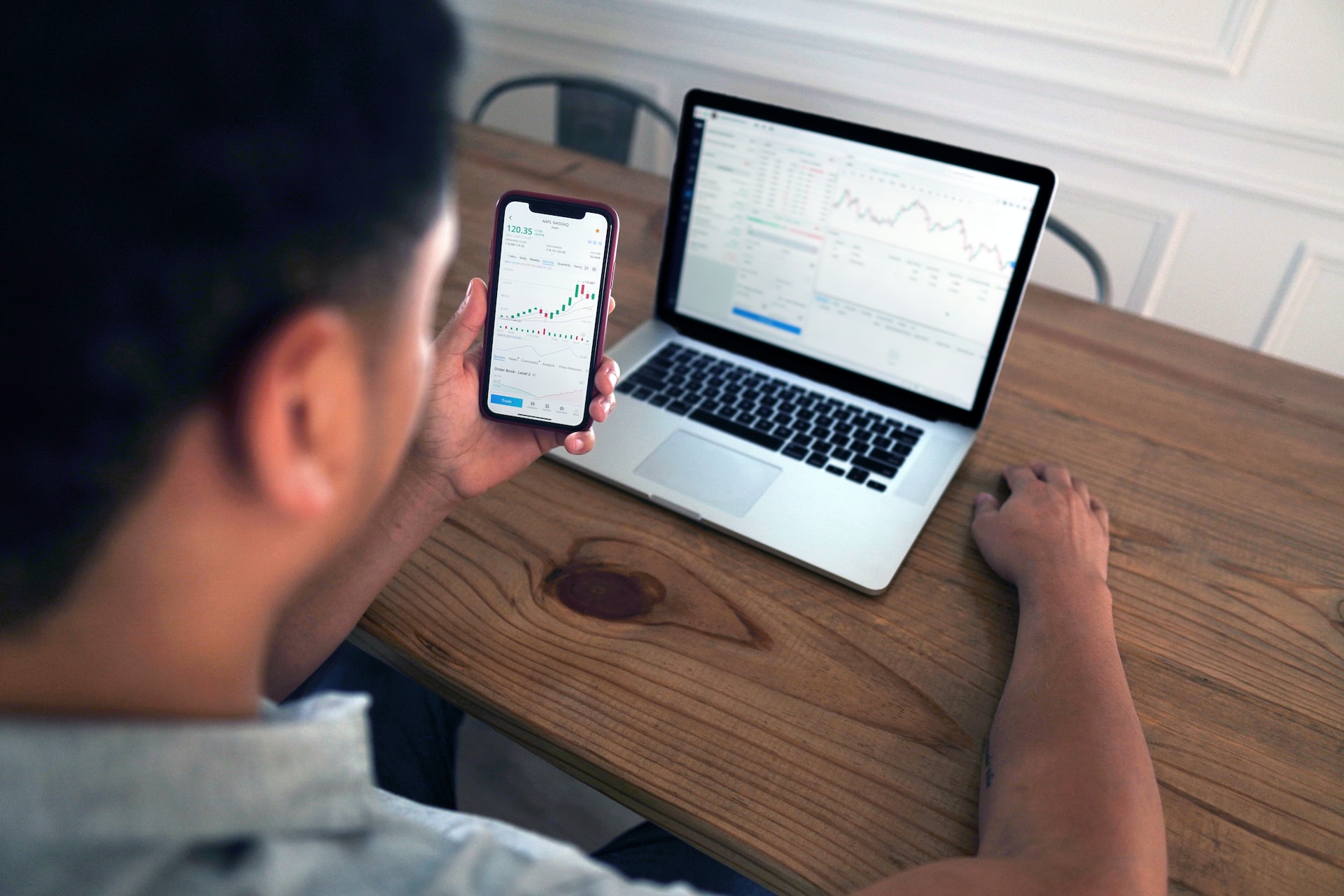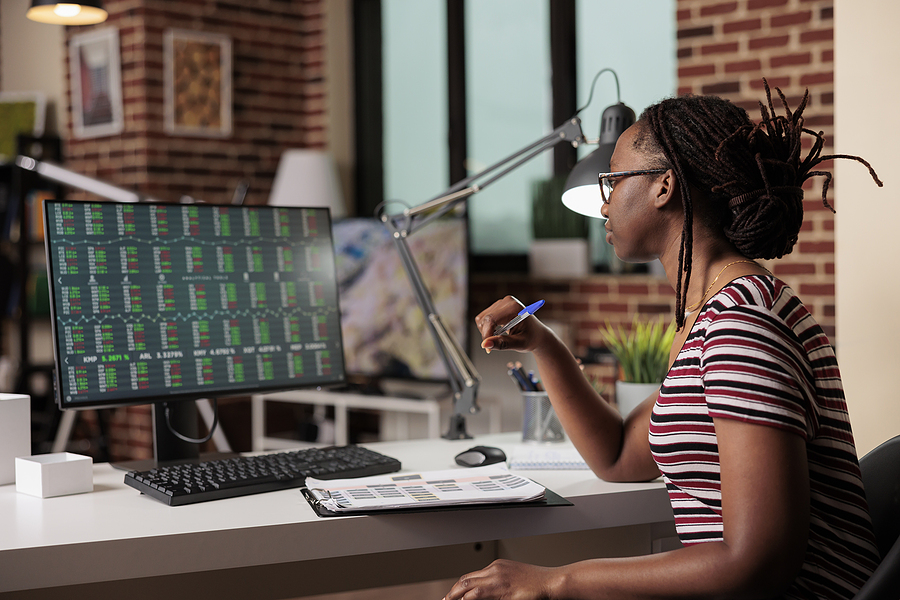What exactly is involved in the currency market? Trading foreign exchange is buying and selling currencies with the intention of profiting from shifts in the value of one currency relative to another.
The first step in trading is deciding which currency pair to trade in and what direction you anticipate the market to go in. In the foreign exchange market, the outcome of the transaction for the trader may be either profitable or unprofitable depending on how much the exchange rate between the two currencies has changed.
Contracts for Difference is an asset class that includes currency as one of its asset types (CFDs). Contracts for difference, or CFDs, are agreements between a trader and a broker to cover any difference in the price of a currency pair between the dates when a transaction is completed and concluded. These price differences may be substantial.
When trading contracts for difference (CFDs), neither the trader nor the broker really owns any of the underlying assets. Commodities, metals, stocks, energy, and a great many more are all examples of other types of CFD assets.

Is there a legal forex market in Australia?
Yes. Forex trading is now permitted in Australia. Brokers must get an Australian financial services (AFS) license from ASIC before they may legally accept clients who are Australian citizens.
Regulation of forex trading
The Australian Securities and Investments Commission (ASIC) monitors the Australian financial market and the activities of financial market participants with the primary purpose of ensuring a safe and open market for all participants.
ASIC is responsible for:
Maintaining and improving the performance of financial market participants. This is done on the premise that better-performing financial institutions would assist in establishing a safer market overall. Helping retail and institutional traders by providing outreach and education and improving the participant community by increasing understanding and financial literacy.
The timely implementation of Australia’s financial legislation to keep the market safe and free of fraud. Disclosing information about financial firms operating in Australia. This improves market transparency and investor trust among the market, businesses, and investors.

What is the difference between stock trading and FX trading?
People commonly confuse trading with stock trading and believe forex trading is similar. However, this is incorrect. Stock trading is the act of buying and selling individual firm shares. Forex trading is the simultaneous buying and selling of currencies in order to profit from changes in the exchange rate.
Among the most significant variants are:
The foreign exchange market is a massive over-the-counter market that is decentralized and operates in a manner that ensures complete anonymity for all participants and transactions. There is a centralization of the stock markets, and public records of purchasers and vendors are preserved.
Trading forex offers a low barrier to new entrants. Low-wage traders do not have the opportunity to participate in the stock market since it requires a significant investment of capital before yielding significant profits.
Investing in currency is not the same thing as trading currency. Forex traders will never claim that they own the underlying asset that they are dealing with. Foreign exchange trading is not an investment due to the fact that traders speculate on the value that will be assigned to a currency pair in the future.
Is it possible for me to begin forex trading from home?
Yes, in addition to creating a forex broker account, you will need some basic IT equipment. You may learn the principles of forex by using the multitude of materials available on broker websites, the internet in general, or videos published on websites such as YouTube. It’s a good idea to open a forex demo account so that you can trade with fake money.
How can I trade forex if I reside in Australia?
Every Australian who has access to the internet can exchange currencies. As experienced forex traders are well aware, a successful trading career requires knowledge, effort, and technique. If you are ready to learn and adequately prepare, forex trading might be a fantastic way to earn a steady income.
What do I need to do to open a forex broker account?
Filling up an online form, presenting identity (such as a passport, driver’s license, or other form of identification), and sending a utility bill are often required steps in the process, however the specifics depend on the broker. For us to verify that your information is correct, we could send you a verification email or text message. You should be able to establish an account online; but, if you are unable to do so, it is possible that you may be required to send in identification. Before any trading can take place, funds need to be deposited into the account.
How much money do I need to start trading forex?
Although brokers sometimes ask for a minimum deposit of between 100 and 200 AUD, trading accounts may be opened for as little as 5 AUD. But how much money should you start trading with? The answer is determined by your financial status and how daring or safe you choose to invest.
Beginner traders should fund their accounts with a minimum of 200 to 500 USD. This allows traders to make a little profit while taking controlled positions.

In what currency combinations am I allowed to trade?
There are several varieties of freely floating currencies in which you may trade. Many traders choose to focus on one or two major currency pairs in order to establish a strong level of expertise and knowledge of those currencies, their trading patterns, and successful approaches. Popular currency pairings include the pound and the dollar, the euro and the dollar, and the dollar and the yen. These are referred to as majors since they handle the bulk of transactions. Because there is such a great demand for and supply of these currencies, it is straightforward to purchase and sell holdings.
Conclusion
Australia is now a top location for foreign exchange markets. The regulatory bodies have established it as a safe and reliable trading environment for investors. It only continues to grow and embed itself further as a financial leviathan in the Australian economy.


